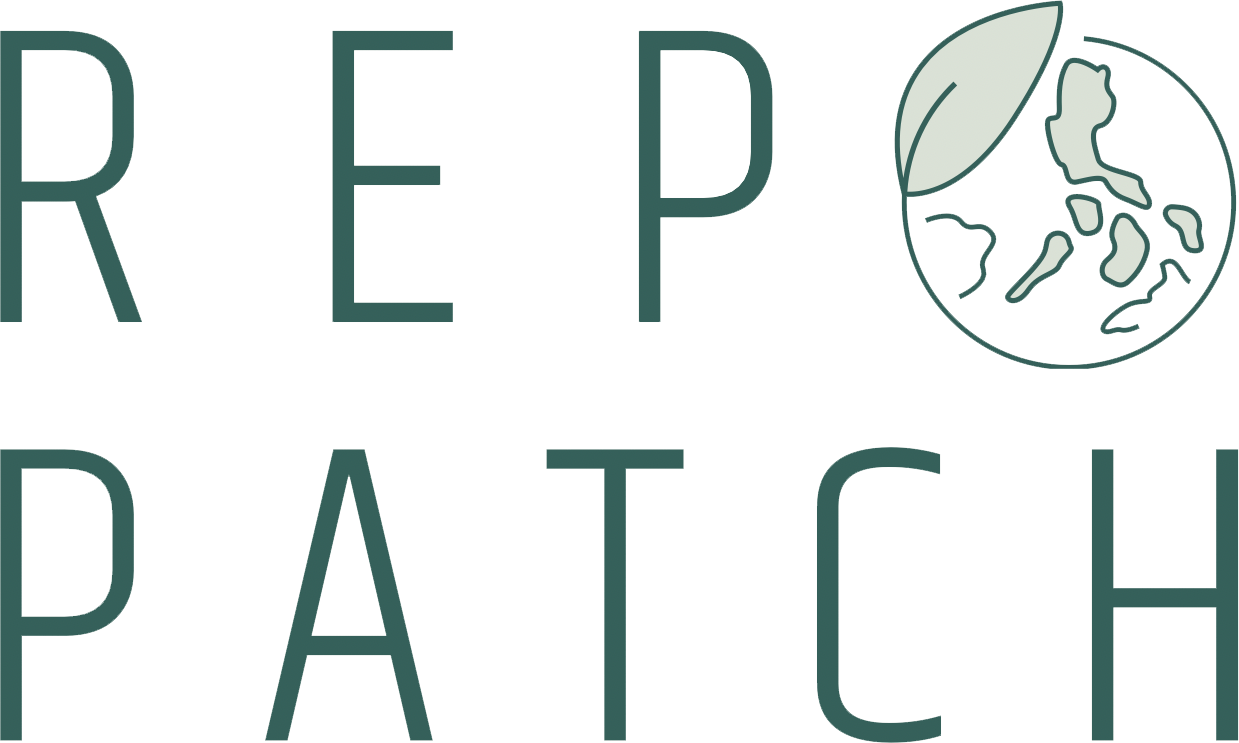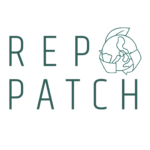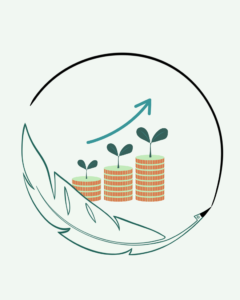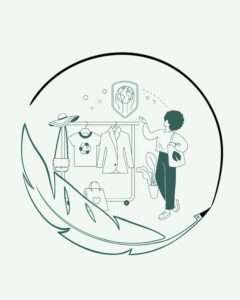Our blog post on waste management in Türkiye comprehensively covers all the details, from legal regulations for waste separation to current practices and success rates.
Let’s take a few minutes to think: Where do the full garbage bags coming out of our homes every day or the clean waste we carefully separate go? What about the tons of waste coming out of industries? Talking about waste management in Türkiye is not only an environmental protection issue or curiosity, but also means discussing our economic, social and individual responsibilities. In this post, let’s take a look at all the details about waste management in Türkiye, from household waste to industrial waste and even hazardous waste.
Waste Management in Türkiye: Household Waste
The waste coming out of our homes is quite diverse. Some are suitable for recycling and some are not. Organic waste, plastics, glass bottles, metals… However, many people in Türkiye collect recyclable and organic waste in a single garbage bag. The recycling rate in Türkiye is 34.92%*. This rate covers all waste management and is much lower for household waste. The main reasons for this are the lack of awareness of separation at the source and inadequate infrastructure. This situation is especially evident when organic and recyclable waste are collected in a single garbage bag. In order to increase the recycling rate in household waste, it is of great importance to spread systems that encourage separation at the source and to raise public awareness.
So, Why?
In fact, the biggest reason for this is our habits and lack of recycling awareness. Although municipalities in Türkiye have started to increase the number of local recycling bins for waste management as of 2017, the correct use of these bins is a matter of debate. Campaigns organized to raise public awareness and trainings in schools and workplaces are important and very valuable, but as we can see from the figures, they are not enough.
Are There Incentive Solutions for Waste Management in Türkiye?
Yes, let me give a few examples:
- Municipalities such as Izmir, Antalya and Bursa offer discounted water bills to citizens who collect recyclable materials separately.
- In big cities like Istanbul, when you throw plastic bottles into smart recycling bins, your public transport card is credited.
Both of these solutions are quite encouraging, but how much local people know about these opportunities is a matter of great debate.
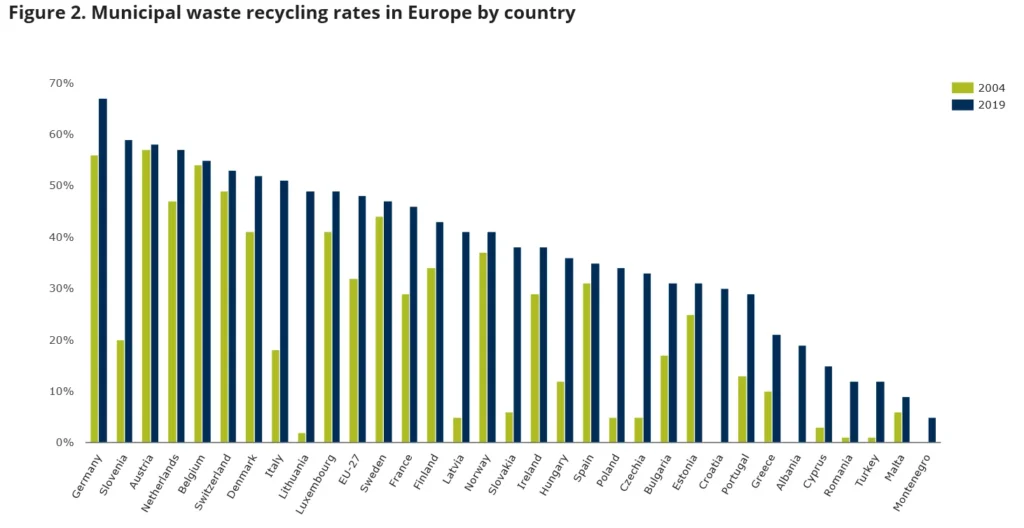
Waste Management in Türkiye: Industrial Waste
Industrial waste is the waste that results from companies’ production processes. This type of waste is produced intensively in every sector, especially in the production and manufacturing industry. However, many companies have difficulty fulfilling their environmental responsibilities when it comes to how to manage and dispose of this waste. Industrial waste management in Türkiye is faced with problems such as some companies storing their waste without declaring it correctly or not disposing of it.
Industrial Waste and Management System of Companies
Every business produces various wastes during its activities. These wastes usually occur intensively in production or logistics processes. Industrial wastes may include hazardous wastes, organic wastes, metal, plastic, glass, paper, textiles, e-waste, chemicals and many other types of waste.
In order to manage these wastes, companies must comply with certain legal regulations for Waste Management in Türkiye. Laws such as the “Environmental Law No. 2872” and the “Waste Management Regulation” require the correct classification, collection, transportation, processing and disposal of wastes.
Many companies implement certain procedures for waste management. These procedures can be exemplified as follows:
- Determination of Waste Types: Companies classify the wastes generated as a result of production processes according to their types. For example, chemical wastes are classified as hazardous wastes, while plastic wastes are classified as recyclable wastes and sent to recycling centers.
- Waste Collection and Storage: Wastes are collected and stored in designated areas within the company. During this process, appropriate containers are used according to the type of waste. Particularly, the storage of hazardous waste is carried out carefully so as not to harm the environment.
- Waste Declaration: Companies are required to declare the resulting waste to the Ministry of Environment and Urbanization at certain intervals.
Difficulties Encountered in Industrial Waste Management in Türkiye
Many companies in Türkiye face environmental problems and legal regulations because they do not fully comply with waste management systems. In particular, most small and medium-sized enterprises, instead of sending their waste to licensed disposal facilities, accumulate this waste in their own facilities or do not attach the necessary importance to the disposal of waste. This situation both pollutes the environment and can create problems in terms of laws.
Where Do Wastes Go?
The management of industrial waste requires great care in order not to harm the environment and the economy. Companies resort to various methods when deciding how to dispose of their waste. These methods are as follows:
- Recycling: Industrial waste is separated and sent to recycling facilities. Here, the materials are made reusable. For example, metal, plastic and glass waste are recycled and reused as raw materials in production processes.
- Incineration: Some waste is incinerated to obtain energy. However, this method causes carbon emissions and can be harmful to the environment. In modern incineration facilities, filtering systems are used to minimize this emission. In this way, attempts are made to prevent the release of harmful gases into the atmosphere.
A Real Threat: Hazardous Waste
Chemical substances, heavy metals, biological hazards… Hazardous waste poses serious harm to the environment and human health. In Türkiye, such waste is disposed of in licensed incineration facilities. However, when “Incineration” is mentioned, carbon emissions come to mind.
Do Incineration Plants Release Carbon?
Incineration plants release carbon dioxide (CO2) and other harmful gases into the atmosphere during the conversion of waste into energy. However, in modern facilities, these gases are passed through various filtering systems. Thanks to technologies such as electrical filtering, active carbon use and sulfur washing, the release of harmful gases into the atmosphere is reduced. The effectiveness of these systems depends on the technological infrastructure of the facility and regular maintenance. In facilities in Türkiye, emissions are regularly monitored and controlled in order not to harm the environment. However, emission levels are higher in older facilities and although they are minimized, there is no facility that operates without releasing harmful gases into the atmosphere.
Waste Management in Türkiye: Organic Waste
We regret to state that the management of organic waste in Türkiye shows a great deficiency. Organic waste from homes is mostly mixed with household waste and collected in a single garbage bin. This situation leads to great losses in terms of compost and recycling. Instead of collecting organic waste separately, most municipalities combine them with general waste. However, some markets and businesses are taking important steps to prevent excess food waste. Initiatives such as Fazla Gıda, which combats food waste in Türkiye, collect surplus food products from businesses and offer solutions such as delivering, transforming or composting them to those in need. In this way, food waste is not wasted and social benefits are provided.
When we look at solutions around the world, Japan is one of the countries that can be cited as an example in terms of organic waste management. Japan has a serious infrastructure in terms of separating and recycling organic waste. Organic waste is collected in separate containers, turned into compost and returned to nature in an environmentally friendly way. The spread of similar projects in Türkiye may lead to a more efficient use of organic waste.
Waste Management in Türkiye: Construction-Demolition Waste
Millions of tons of construction and demolition waste are generated in our country every year. This waste usually occurs during the construction, demolition or renovation of buildings. However, instead of recycling, a large portion of this waste is usually dumped into the sea or onto vacant lands illegally.
This poses serious threats to the environment. Every year, millions of tons of construction waste are dumped into the seas, harming ecosystems and marine life. This not only threatens marine life, but also causes great damage to the soil. According to statistics, the recycling rate of construction waste in Türkiye is only around 1%*. In Europe, this rate is over 80% on average. In other words, Türkiye is almost completely unactive in recycling construction waste.
So, what can be done in the face of such a significant problem? Currently, many construction companies do not fulfill their legal obligations to properly dispose of their waste. As a result, these wastes can be illegally dumped in vacant lots instead of being sent to local governments or recycling facilities. Such practices increase the damage to the environment and create major ecological problems.
The inadequacy of the current inspection system in Türkiye also causes this problem to grow. Although the Ministry of Environment and Urbanization obliges construction companies to properly dispose of their wastes, the inspection of these processes is unfortunately not very strict. It is clear that a more effective inspection and enforcement system needs to be established. Increasing the number of recycling facilities for construction wastes and processing the wastes in these facilities will both protect the environment and allow for more efficient use of natural resources.
Although the studies conducted on recycling construction and demolition wastes in Türkiye are insufficient, conscious companies and local governments have started to take some steps in this area. As the number of recycling facilities increases and the reuse of these wastes becomes more widespread, the damage caused to the environment by the construction sector will also decrease. However, for all these processes to be successful, inspections need to be increased, legal regulations need to be strengthened and public awareness needs to be raised.
Understanding the Basis of Waste Management: Environmental Law and the Basel Convention
Environmental Law:
Environmental Law No. 2872, which entered into force in 1983, forms the basis of environmental protection practices in Türkiye. The law covers a wide area from preventing environmental pollution to protecting natural resources. In terms of waste management, it determines the main rules regarding the collection, transportation, recycling and disposal of waste.
The law obliges waste producers to send their waste to licensed facilities. Serious sanctions are foreseen in case of failure to fulfill this obligation. For example, businesses that illegally dump waste into the environment may face heavy fines. In addition, the Environmental Law aims to create a holistic waste management system by assigning responsibilities to different actors such as industrial facilities and municipalities.
In recent years, with the updates made to the law, traceability of waste has been increased and the spread of environmentally friendly practices has been further encouraged. In this context, digital tools such as the electronic Waste Declaration System (e-BYS) have been put into use.
Basel Convention:
The Basel Convention, signed in 1989 and to which Türkiye became a party in 1994, regulates the cross-border transportation and disposal of hazardous waste. The aim of this convention is to prevent developed countries from sending their hazardous waste to underdeveloped countries in a way that could harm the environment and human health.
Türkiye has banned the import of hazardous waste in accordance with the Basel Convention and has made the approval of both the sender and the receiver mandatory in the event of export of these wastes. In addition, it is mandatory to take environmental protection measures in accordance with the convention when transporting waste between countries.
The Basel Convention provides an international framework for Türkiye’s hazardous waste management policies. However, some problems may occur in practice. For example, in cases where inspections are inadequate, hazardous waste may be transported or disposed of illegally. In order to prevent such problems, Türkiye has tightened its inspections in recent years and strengthened its international cooperation mechanisms.
These two regulations are of great importance in terms of waste management and environmental protection on both national and international scale.
Zero Waste and Smart Management
Finally, within the scope of Türkiye’s Zero Waste Project, the recovery rate, which was 13% in 2017, increased to 27.2% in 2021, 30.13% in 2022, and 34.92% in 2023. Within the scope of this project, waste is separated on-site and recycling rates are increased, but unfortunately, no matter how promising the rates are, they are not yet sufficient.
There is also something we would like to point out. We have all seen people working on the streets with their cars to collect recycling materials. This is their livelihood, but within the scope of the “Zero Waste Project”, municipalities started to collect this waste through licensed companies. This situation puts individual collectors in a difficult situation. What could be the solution? Cooperatives or municipality-supported employment could be provided to these individuals.
Solution Proposals and Legal Regulations
One of the biggest problems encountered in the management of industrial waste is the unregistered storage and disposal of waste. We believe that stricter inspections and transparency of waste declaration systems are important to prevent this situation. It is also a clear fact that companies should be encouraged to declare their waste correctly and dispose of it without harming the environment.
The waste management system in Türkiye is increasingly developing to adopt an environmentally sensitive approach. However, it is critical for the state to conduct more inspections, provide the necessary training to companies and create more awareness about environmental responsibility in this process.
As Reppatch, we would like to emphasize that upcycling is not officially recognized in current waste management systems. However, upcycling is a waste management approach that has been implemented since the beginning of human history as a reflection of the “frugal” approach. The ability to upcycle waste through handiwork and craftsmanship has the potential to create much wider and sustainable effects if this method is integrated into the industry. We apply this approach in our business model and at the same time work to spread this awareness. However, we believe that in order for upcycling to have a wider awareness and impact, states need to recognize and actively support this method.
